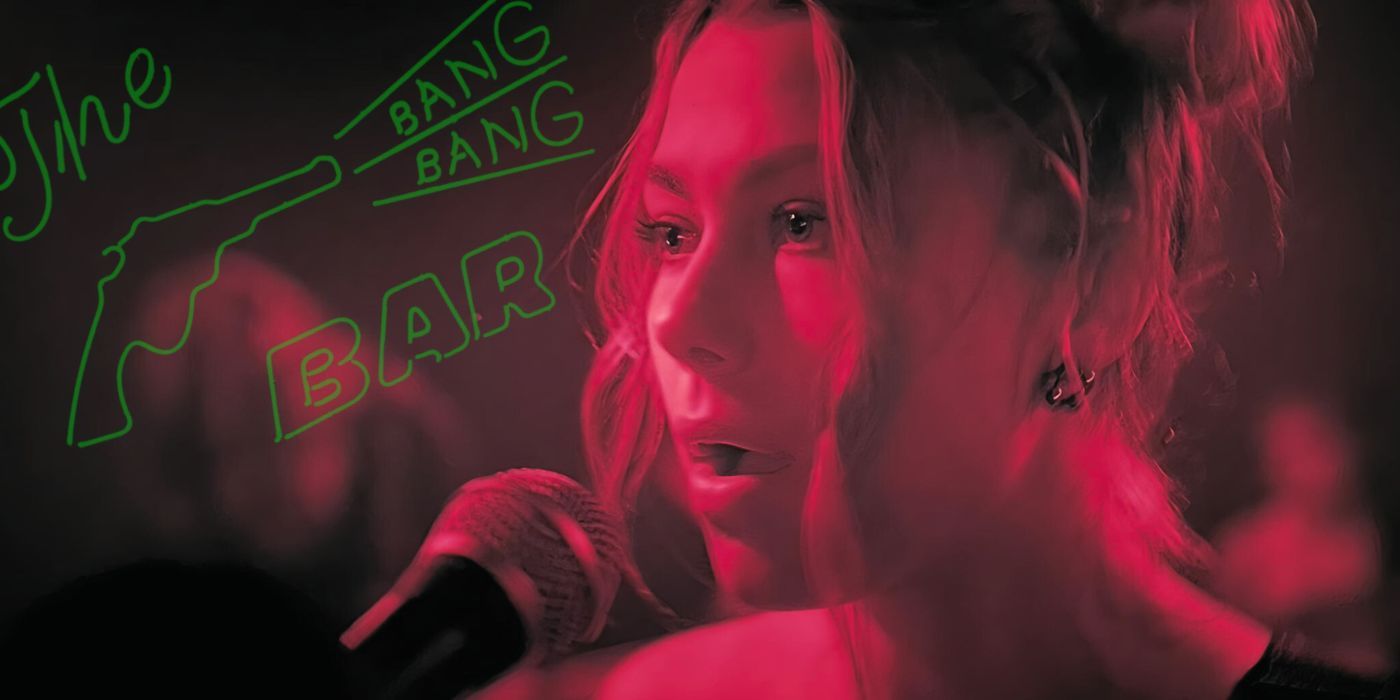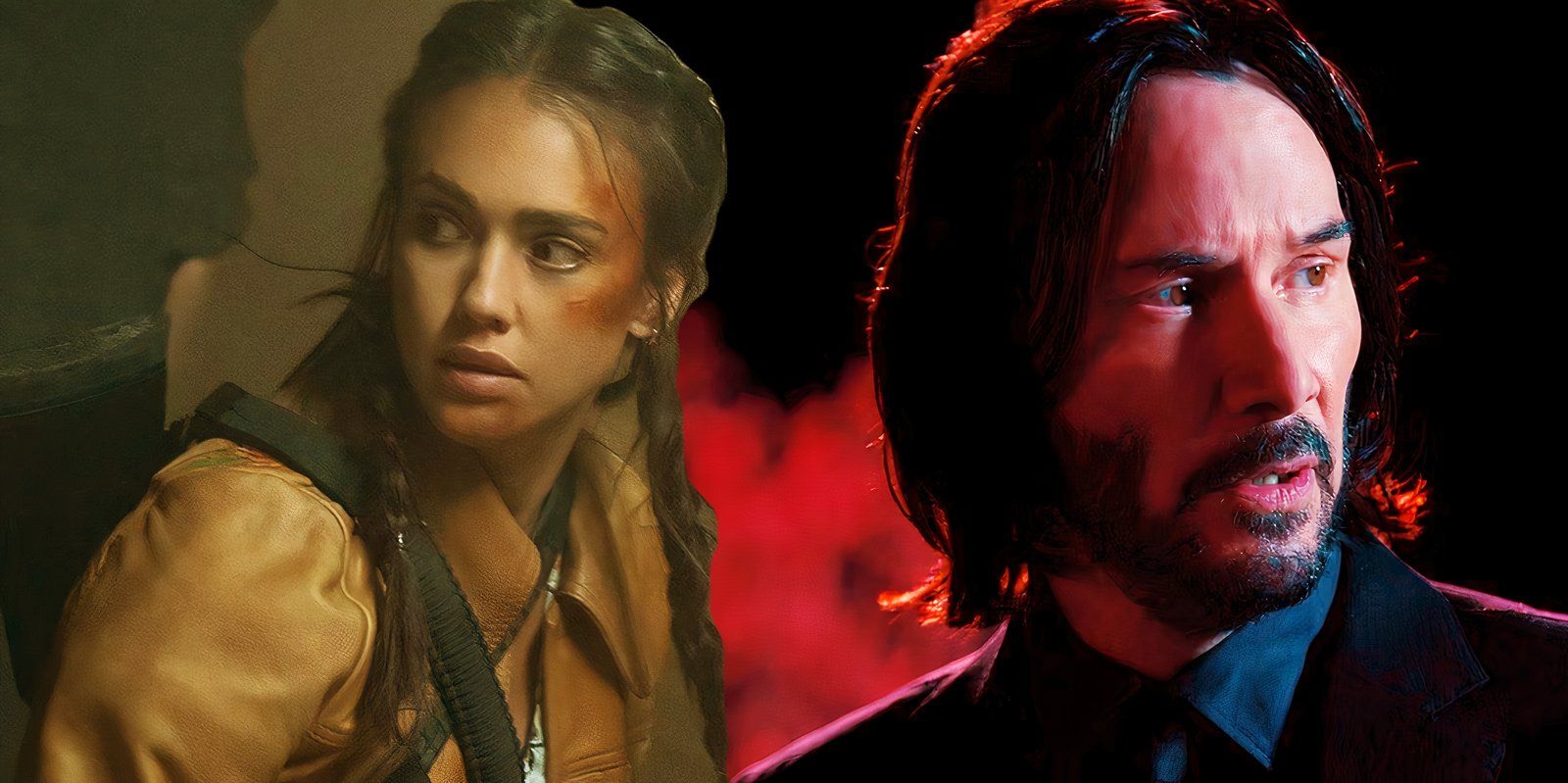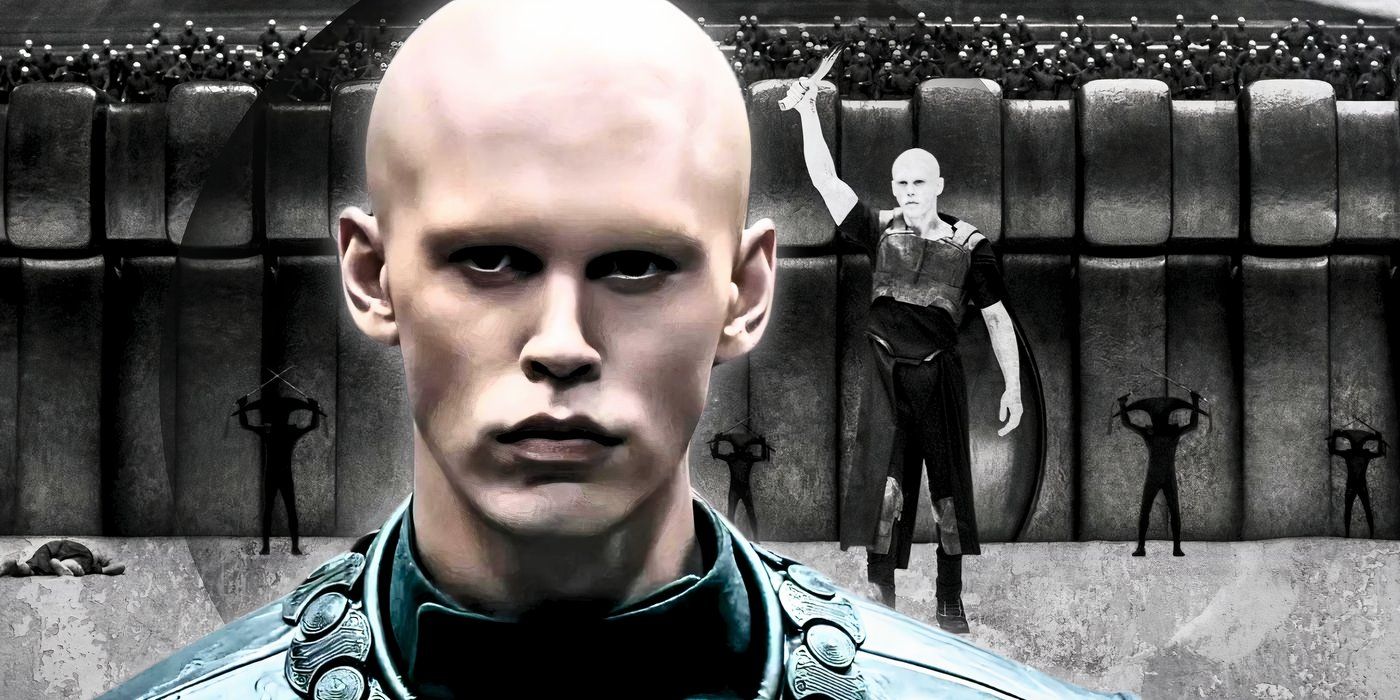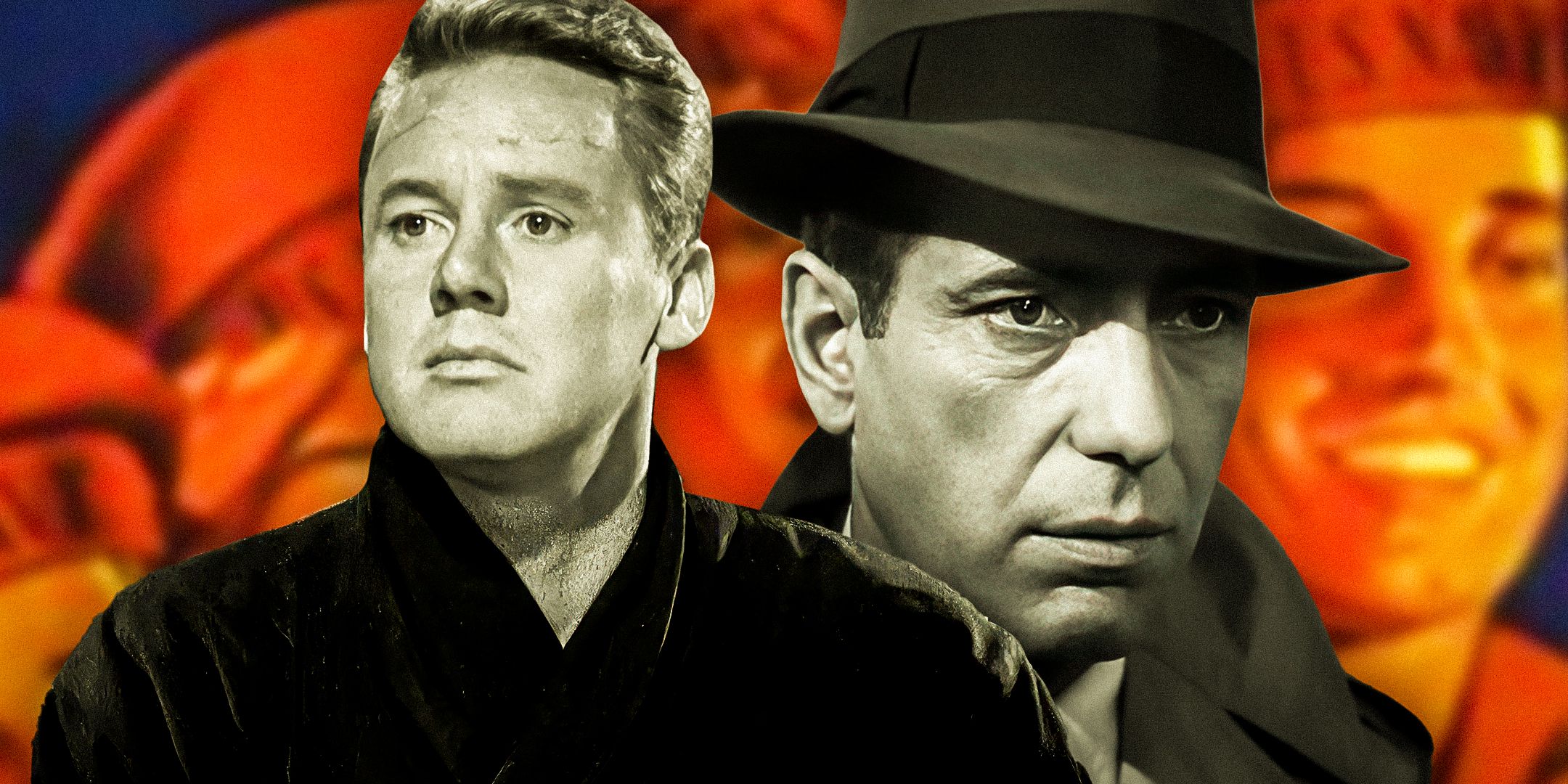Summary
- War films during World War II provided a unique insight into contemporary views on the conflict, often serving as political tools.
- Movies like "The Great Dictator" and "Man Hunt" challenged fascism and highlighted the importance of resistance against the Nazis.
- Through powerful storytelling, movies like "Mrs. Miniver" and "Bataan" shed light on the human experiences and sacrifices during wartime.
Over the past 80 years, many incredible war movies have been based around World War II, but plenty of films were made about the conflict while wartime was ongoing. The harrowing effects of war did not stop the movie industry and, during this era, a large audience of filmgoers wanted to see movies based on the war they were living through. Looking back with hindsight, it's interesting to see how the war was portrayed as it was going on and how Hollywood and other countries depicted recent battles, current conflicts, and political adversaries such as Adolf Hitler and the Nazi Party.
The best World War II movies have stood the test of time and have been remembered as among the greatest films ever produced. From acclaimed directors like Fritz Lang to iconic filmmakers such as Charlie Chaplin, there was no shortage of war films released during the conflict from 1939 to 1945. While many of these films had an overtly political message and could be seen, for better or worse, as wartime propaganda, the best World War II movies from that time still have a lot to say about contemporary issues and current conflicts.
10 The Great Dictator (1940)
An anti-war political satire directed by Charlie Chaplin
The Great Dictator (1940)
The Great Dictator is a satirical comedy-drama film that tells the story of Adenoid Hynkel, a parody of Adolf Hitler, and a lookalike Jewish barber. Released in 1940, the film stars Charlie Chaplin, who also wrote and directed the project, as both Hynkel and the barber, in a commentary on the rise of fascism in Europe.
- Director
- Charlie Chaplin
- Release Date
- October 15, 1940
- Cast
- Charlie Chaplin , Paulette Goddard , Jack Oakie , Reginald Gardiner , Henry Daniell
- Runtime
- 125 Minutes
For several reasons, The Great Dictator was one of the greatest comedies ever made and was a highly significant movie. As director, writer, and star Charlie Chaplin’s first true sound movie, it represented the silent film icon’s acceptance of ‘talkies’ as he embraced a new type of filmmaking with incredible success and became one of the few stars to make the transition successfully. However, The Great Dictator was also important for its highly political content, as it satirized Nazi Germany, Adolf Hitler, and World War II just one year after Hitler had invaded Poland.
While Chaplin and Hitler had their toothbrush mustaches in common, this was where the comparison ended, as the filmmaker was highly critical of the Nazi regime and sought to undermine fascism and antisemitism with The Great Dictator. Chaplin’s powerful climatic monologue was one of the most poignant speeches in all of cinema and showcased that when this silent film star finally opened his mouth and spoke, he had something urgent to say. As a film made while the United States was still neutral in WWII, The Great Dictator represented American and European society's growing concern about the threat of fascism.
Charlie Chaplin stated in his autobiography that if he knew the true horrors of the Holocaust, he would never have made The Great Dictator, saying, “I could never have made fun of the homicidal insanity of the Nazis” (via Chaplin.)
9 The Long Voyage Home (1940)
A merchant crew tries to survive loneliness and war in this drama directed by John Ford
The Long Voyage Home (1940)
- Director
- John Ford
- Release Date
- November 22, 1940
- Cast
- John Wayne , Thomas Mitchell , Ian Hunter , Ward Bond , Barry Fitzgerald , Wilfrid Lawson , John Qualen , Mildred Natwick
- Runtime
- 105 Minutes
The legendary director John Ford was mostly known for Western movies but was also responsible for the excellent World War II film The Long Voyage Home. While the story was adapted from a play by Eugune O’Neill about his time in the First World War, the setting was switched to the present day during the early years of the Second World War. As just one of many collaborations between Ford and John Wayne, The Long Voyage Home told the story of a merchant crew's struggles with loneliness as the threat of the oncoming war loomed large.
As one of Ford’s lesser-known movies, The Long Voyage Home could stand against his very best work for the way it expertly depicted life at sea and the challenges faced by those during wartime. With an impressive 100% score on Rotten Tomatoes, The Long Voyage Home was one of the greatest adaptations of O’Neill’s work, who was the author of the Pulitzer Prize-winning tragedy Long Day's Journey into Night. With beautiful cinematography, strong performances, and a healthy dose of philosophy, The Long Voyage Home was a contemplative WWII movie that deserved to reach a larger audience than it did.





